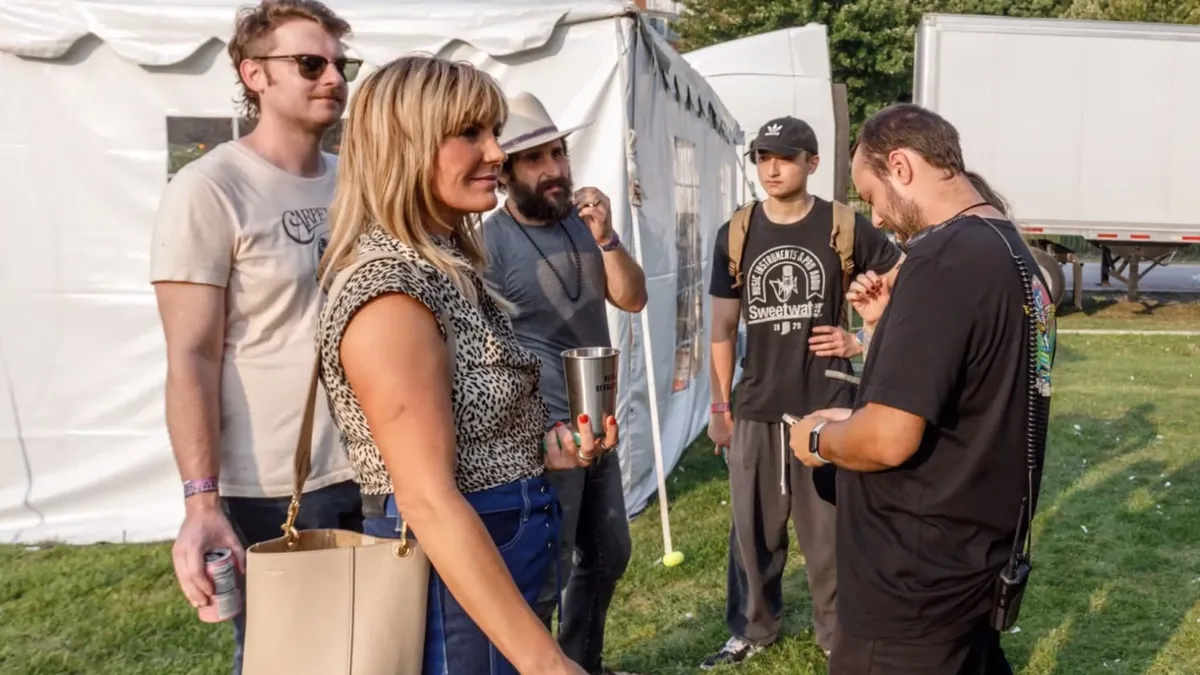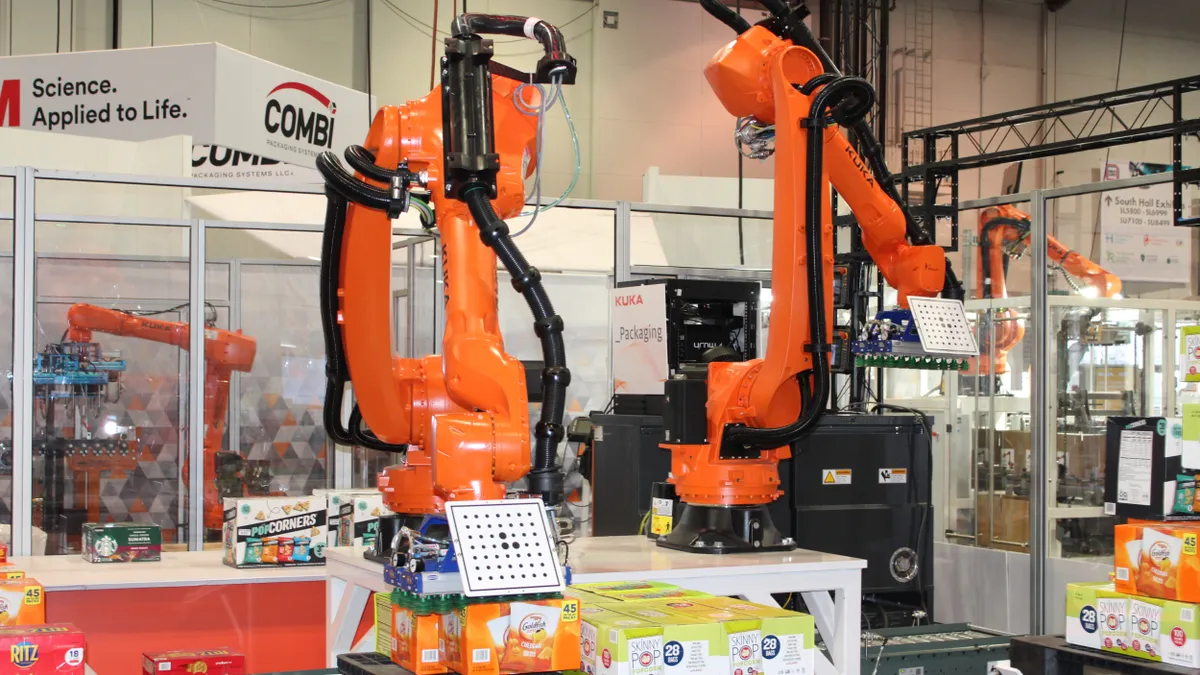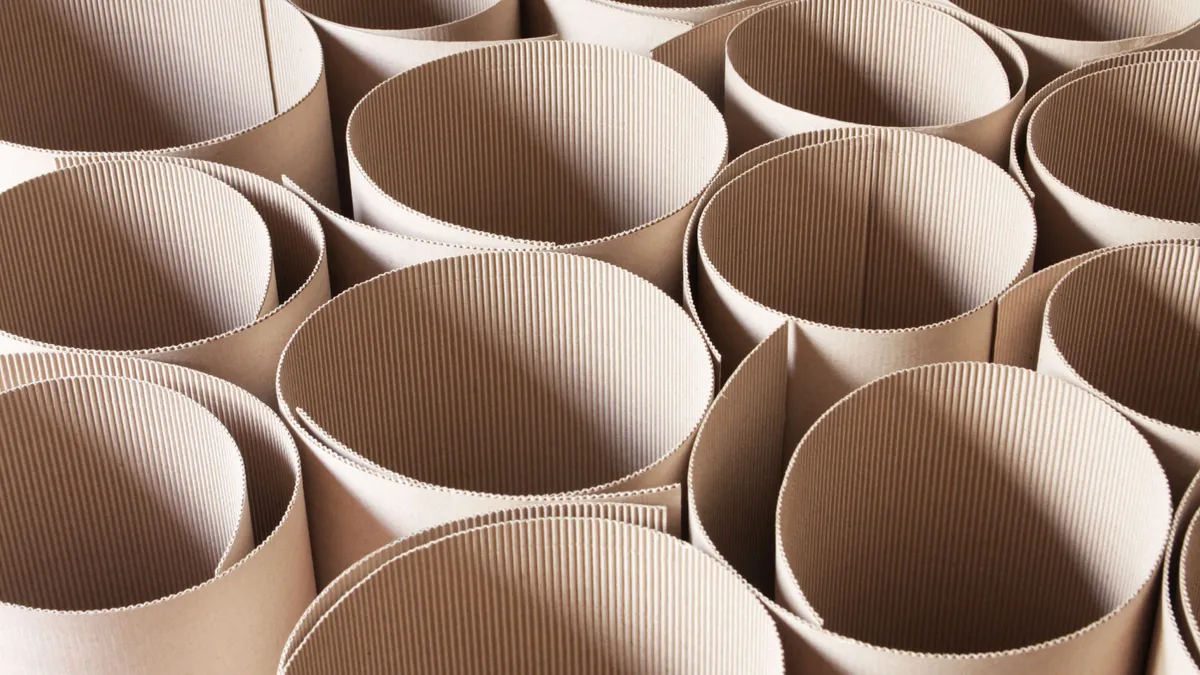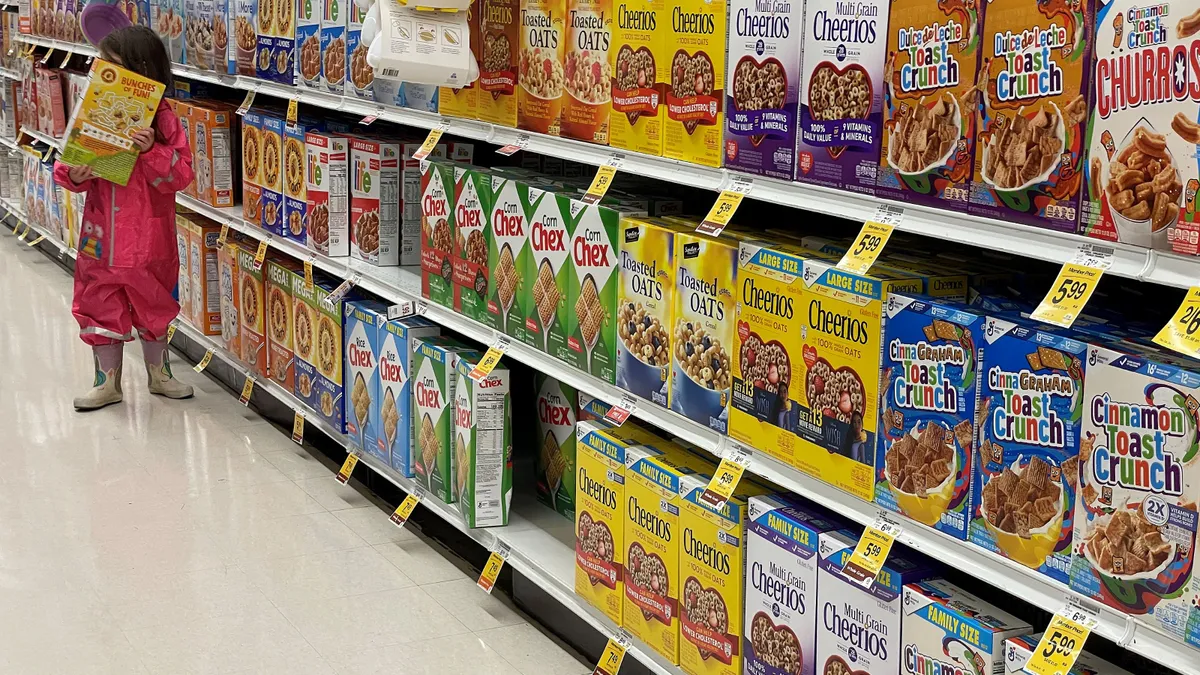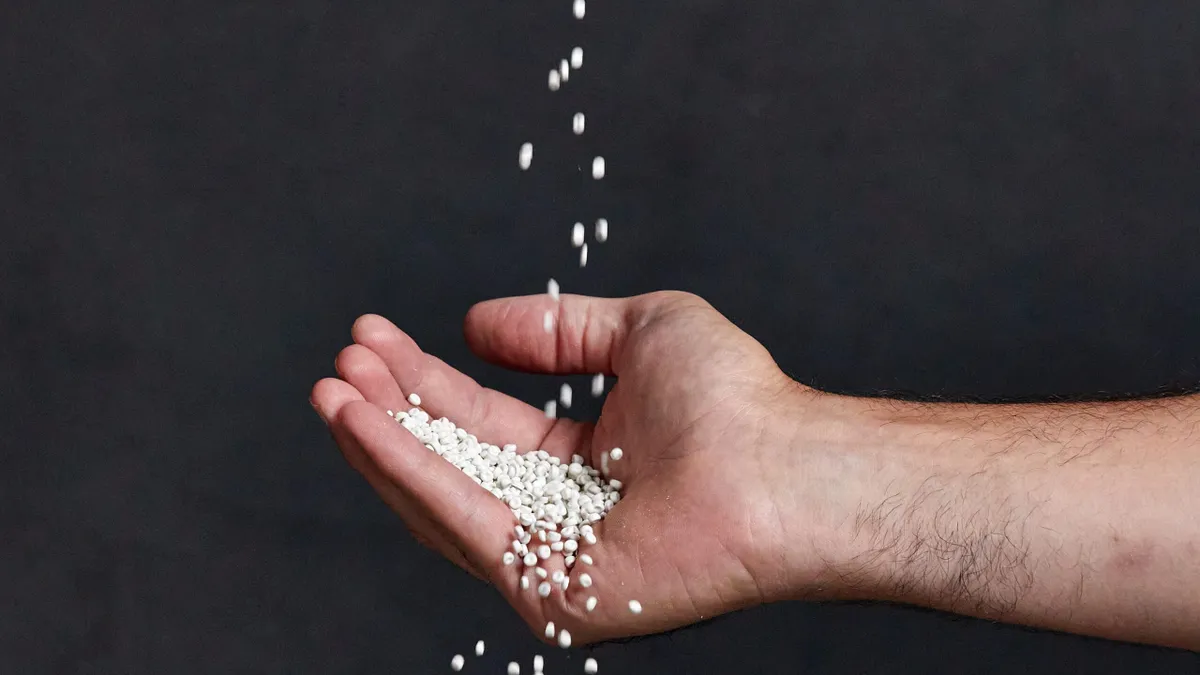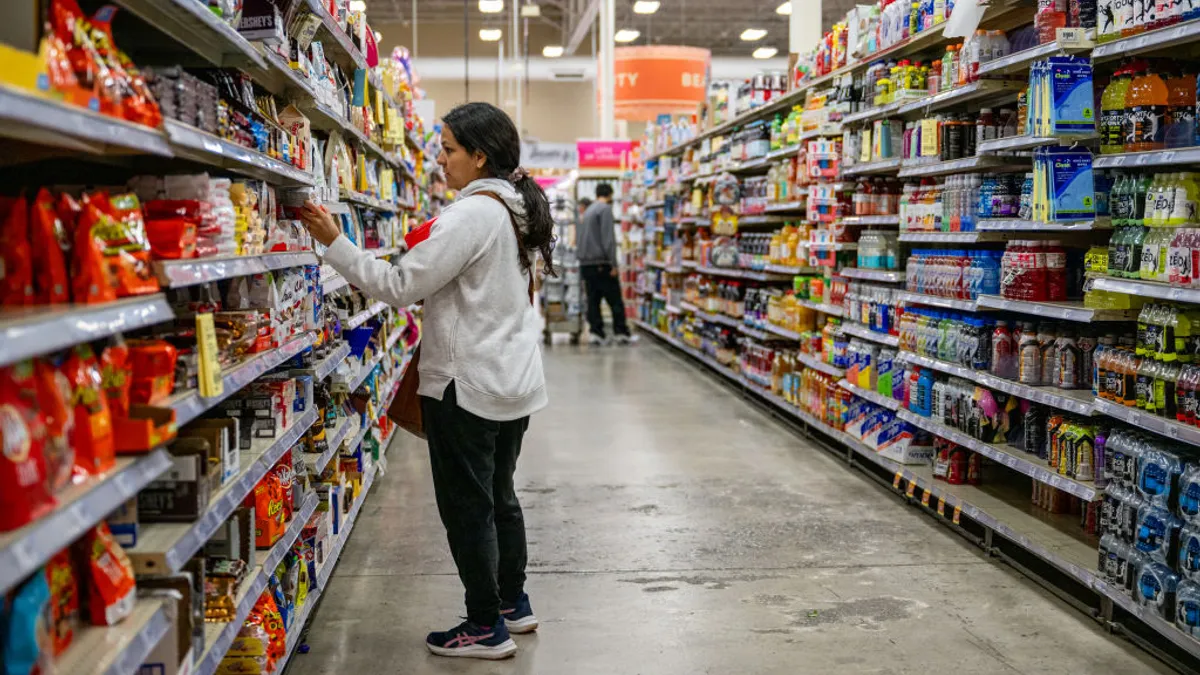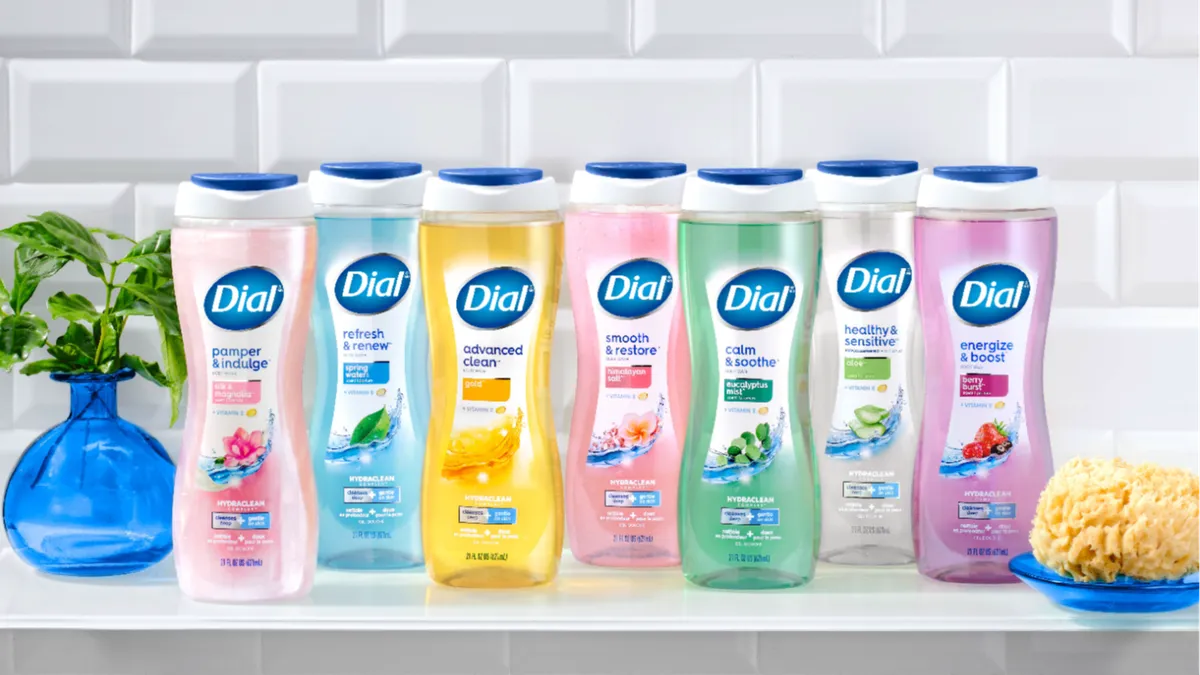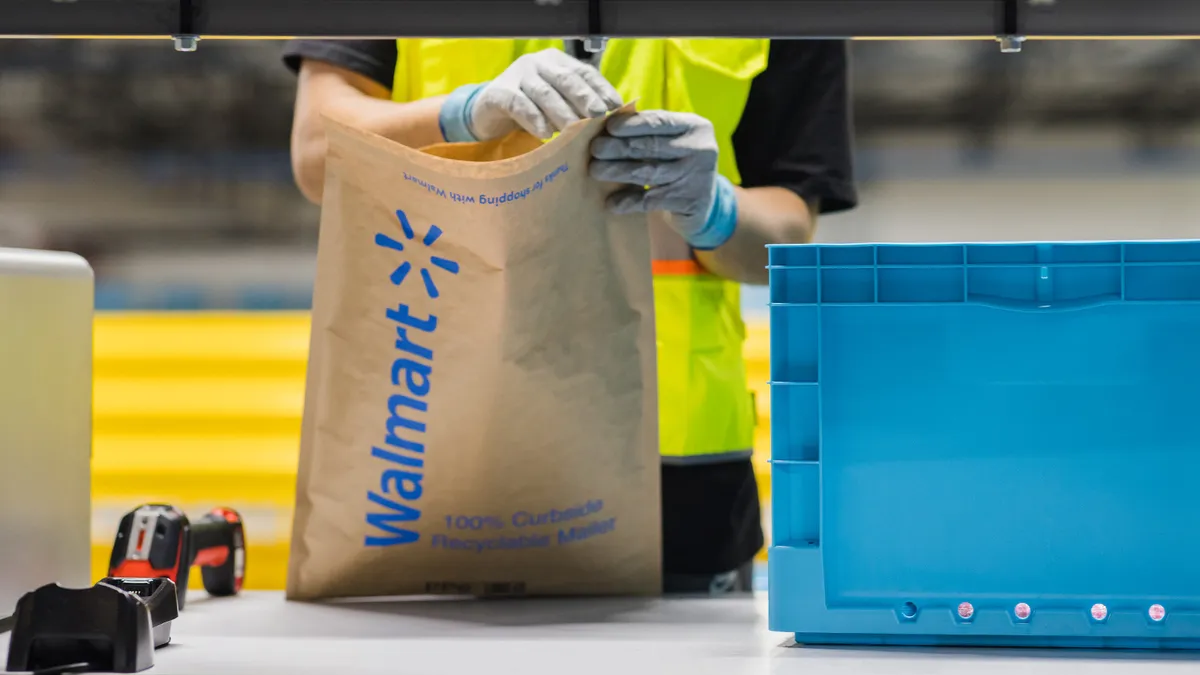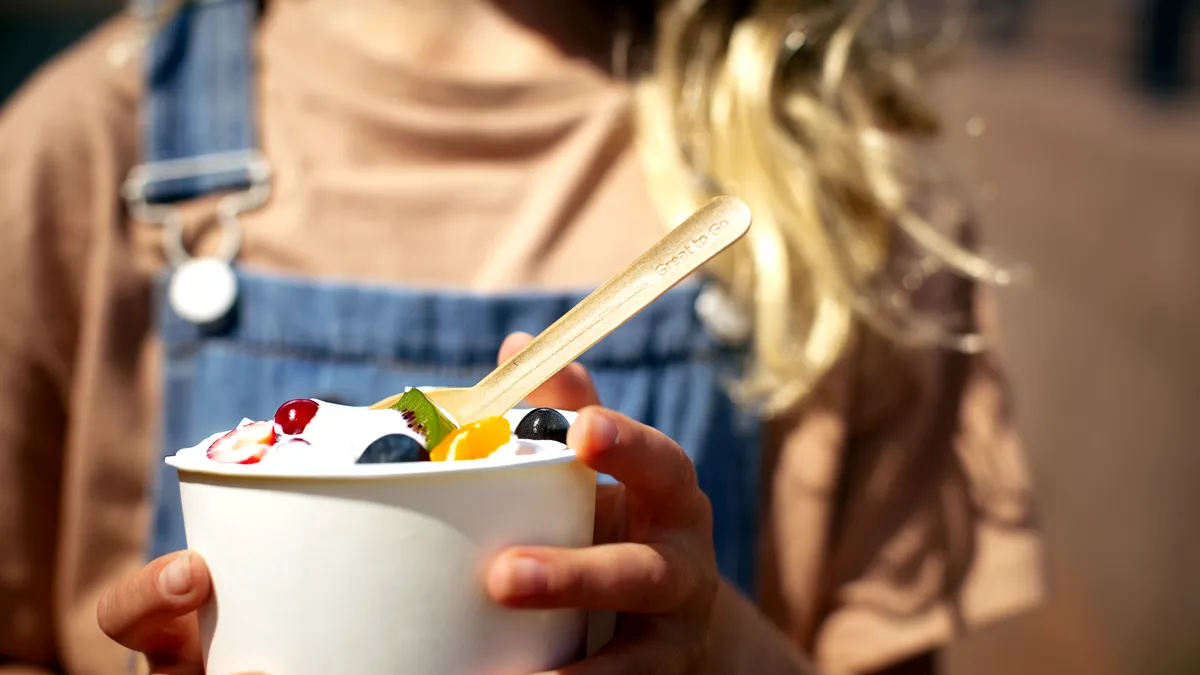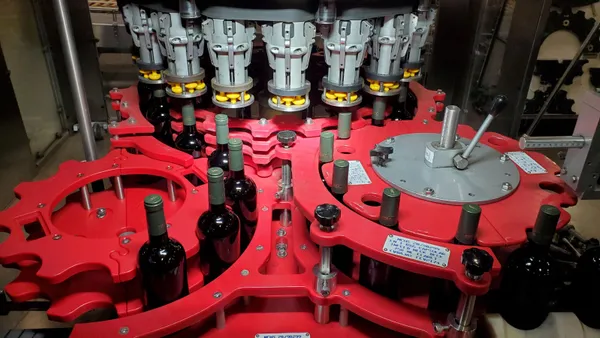As a growing number of musicians and their fans eschew single-use packaging at events, reusables could have an opportunity to scale more widely.
Concerts and festivals are viewed as a potentially challenging environment when it comes to sustainability. Large crowds, security guidelines and varying vendor relationships are just some of the complicating factors. But reuse advocates say musicians have more influence than they may think.
“Musicians care about the environment, and they feel like they can't do anything about it,” said Ben Kogan, a musician and founder of Reusable Solutions. “If we come together as a collective and say we want music venues to be more sustainable — here's how, be very specific about it — then there's an opportunity for change."
Kogan plans to put this idea into practice at the Imagine Zero Music Festival in Vermont on Sept. 7. The event, now in its second year, aims to produce “zero waste and zero carbon emissions.” Last year it had an estimated 700 attendees, and Kogan anticipates a similar amount this year.
The concept came after Kogan started a voluntary certification program called Musicians for Sustainability. Reusable service ware, can carrier reuse programs, kegs, composting and water refill stations are among the examples that venues can pledge to adopt.
Kogan said last year’s Imagine Zero attendees generated a negligible amount of waste — less than a small cart each of recyclables and organics — by focusing on reuse and refill options. These totals did not include back-of-house waste from vendors.
The nonprofit group Upstream estimates that an average stadium hosting 300 events each year could use 5.4 million single-use cups annually. The group advocates that venues move away from single-use cups — plastic, aluminum or otherwise — and lean into reusable systems. Ideally, in Upstream’s view, this would also include any type of packaging that attendees may use.
"Normalizing reuse involves getting the actual reusables into the hands of the people. The more you can expose them to that the better you're doing at changing their neurology,” said Upstream CEO Crystal Dreisbach, who noted that high-volume events can help with the economics of setting up a reuse system. Dreisbach also said this can be a boon for vendors.
“They want to sell. And there is emerging research that's showing that when people perceive that something is sustainable they will actually consume more."
The concept is gaining traction with large event organizers such as Live Nation, which has partnered with reusable cup company Turn. Notable groups such as U2, the Rolling Stones and Dave Matthews Band have also partnered with r.Cup.
A recent Plastic Pollution Coalition webinar — featuring the Hip Hop Caucus, Jack Johnson Music and Grace Potter — provided further examples of artists getting engaged.
Jasmine Gil, an associate senior director with the Hip Hop Caucus, said some artists may be constrained by their record labels, but it’s still worth having a discussion about what’s possible.
"With artists there are so many different levels in which we can bring [them] into this work. It starts with teaching them the basics and then kind of building up from there and meeting artists where they come to you,” she said.
Potter discussed how she has long avoided having single-use plastic bottles on stage and gradually started working with venues to extend that system to attendees.
“The biggest pushback is when we are providing cups or when we're asking a venue to switch out and swap out the cups that they would prefer to use. It seems like there's a lot of marketing, and there's some complicated vendor issues that come up where they can always blame the vendor,” said Potter.
She suggested trying to partner directly with venues’ brewery partners when possible to align on sustainability messaging.
The Imagine Zero event is prioritizing kegs over cans for beer at its event, and using glass mason jars to serve all beer and wine. Polypropylene cups will be used at water refill stations. Attendees are allowed to bring their own water bottles.
Last year, the festival partnered with Cup Zero for reusable polypropylene cups for alcohol. This year’s venue, Fable Farm, has experience hosting events and washing service ware on site, which helped organizers make the switch to glass. The farm will also provide and wash metal utensils.
Food boats presented a bigger challenge, Kogan said, due to the cost of stainless steel versions. The event organizers ended up agreeing to split some of the costs of renting porcelain food boats instead.
While a growing number of events are shifting to compostable food packaging, Kogan said he’s “not a fan” because it’s still a single-use option and some venues don’t properly recycle the material. But Kogan said compostables may still be perceived, inaccurately in his opinion, as easier for vendors and consumers to manage than reusables.
"[Y]ou can have a 'sustainable' option, and your process doesn't really need to change,” he said. "I think that's why compostables took in a way that reusables are having a harder time."
Dreisbach said a fully reusable system can help streamline the process and limit recycling confusion for event attendees. Upstream is currently working on a model request for proposals that stadiums can use in establishing reusable packaging and washing services, which Dreisbach said could help bring down the costs for these venues as well as location in the surrounding community.
Reusable products may still represent a small share of the packaging market, and many big brands have yet to follow through on pledges to increase their usage, but Upstream anticipates that could change.
"One day there will be reuse infrastructure in every city, faster than people think,” said Dreisbach. "We sure would love it if more packaging groups would evolve to have reusable packaging, not just created willy-nilly but really created for the reuse future we want to see."



